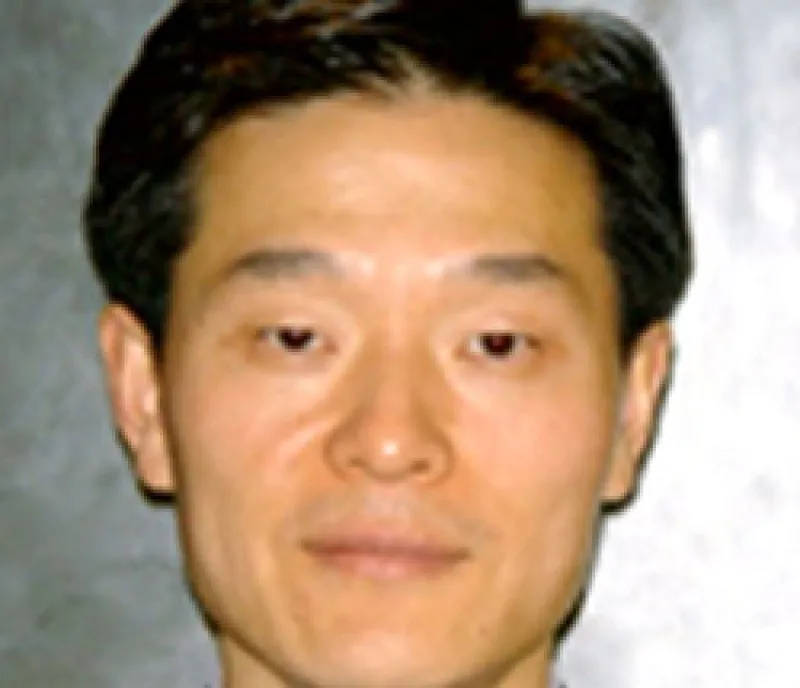Tiger Asia’s Bill Hwang is staging a stunning comeback.
The Tiger Seed was up 9 percent in June when most hedge funds lost money. This follows his spectacular 12 percent gain in May.
Observers who are familiar with the Korean-born manager say Hwang is heavily short and not trading his positions much, accepting great volatility. Not many hedge fund managers are taking this approach at this time.
More specifically, Hwang is said to be partly cashing in on his bearish bets against Chinese stocks. Afterall, The Shanghai Index is down about 9 percent from its mid-April high.
But this only explains part of Hwang’s recent success, given that the Shanghai exchange has been rallying since June 21.
Despite the stunning two-month run, Hwang is still down 6.6 percent for the year. But, for now Hwang seems to have regained some of his touch.
Hwang, a son of a Korean pastor, launched Tiger Asia in January 2001 with $16 million of Robertson’s and his own money after serving as Robertson’s Korea and Asia expert for several years.
Since August 2008, the one-time hotshot manager has rarely gotten the big picture right. He was actually up 25 percent at the time, but suffered big losses from Lehman’s bankruptcy and shorting Porsche. He also turned bullish too early that fall. As a result, he wound up losing 23 percent that year.
Then as the markets were bottoming in 2009, Hwang turned bearish, and has remained that way, missing out on the huge global stock market rally. He was only up 3 percent in 2009 and 1 percent in 2010.
Today he runs slightly more than $1 billion, a fraction of the $8 billion or so he ran several years ago at the peak. And about $400 million is said to be his own money.
Hwang also recently received good news on the legal front. Last month Hong Kong’s High Court—the Court of First Instance-- ruled it does not have the authority to determine whether Tiger Asia engaged in insider trading since it is based in New York City. Hong Kong securities regulators have been trying to ban the hedge fund from trading securities or derivatives listed in Hong Kong after Tiger Asia was accused of engaging in insider trading of Bank of China Ltd. and was separately accused of insider dealing and market manipulation involving China Construction Bank.
Rather, the High Court said it is up to the criminal courts or Market Misconduct Tribunal to determine whether there was any wrongdoing.







